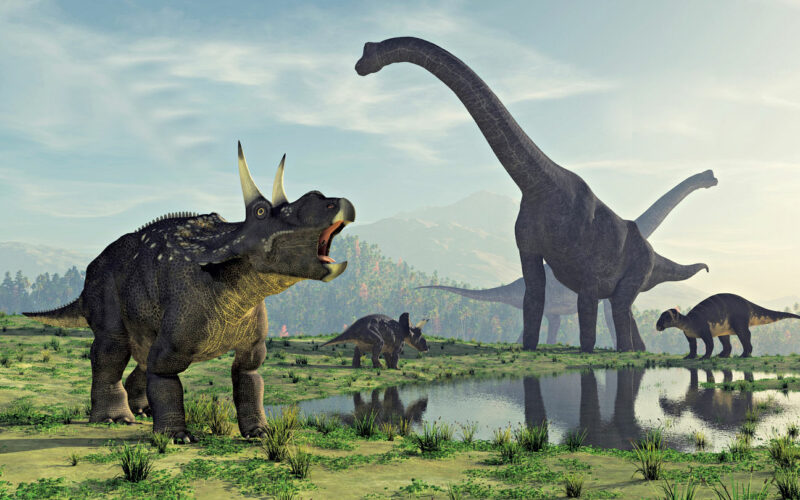

Remains of a toothless, two-legged dinosaur species were recently found in Brazil. The species is believed to have lived 70 million to 80 million years ago.

Remains of a toothless, two-legged dinosaur species were recently found in Brazil. The species is believed to have lived 70 million to 80 million years ago. The small dinosaur measured about 1mt in length and was 80cms tall. It belonged to a group of theropods that were believed to be carnivores.
The new species, which has been named Berthasaura leopoldinae, had a beak-like mouth with no teeth. The toothless part raises questions about what kind of diet this animal followed as species without teeth were known to eat meat with their beak. The species was named after Bertha Lutz, a Brazilian scientist who died in 1976, and Maria Leopoldina, who was the first empress of Brazil and a patron of the sciences.
Did You Know?
Dinosaur fossils have been found on all seven continents.





